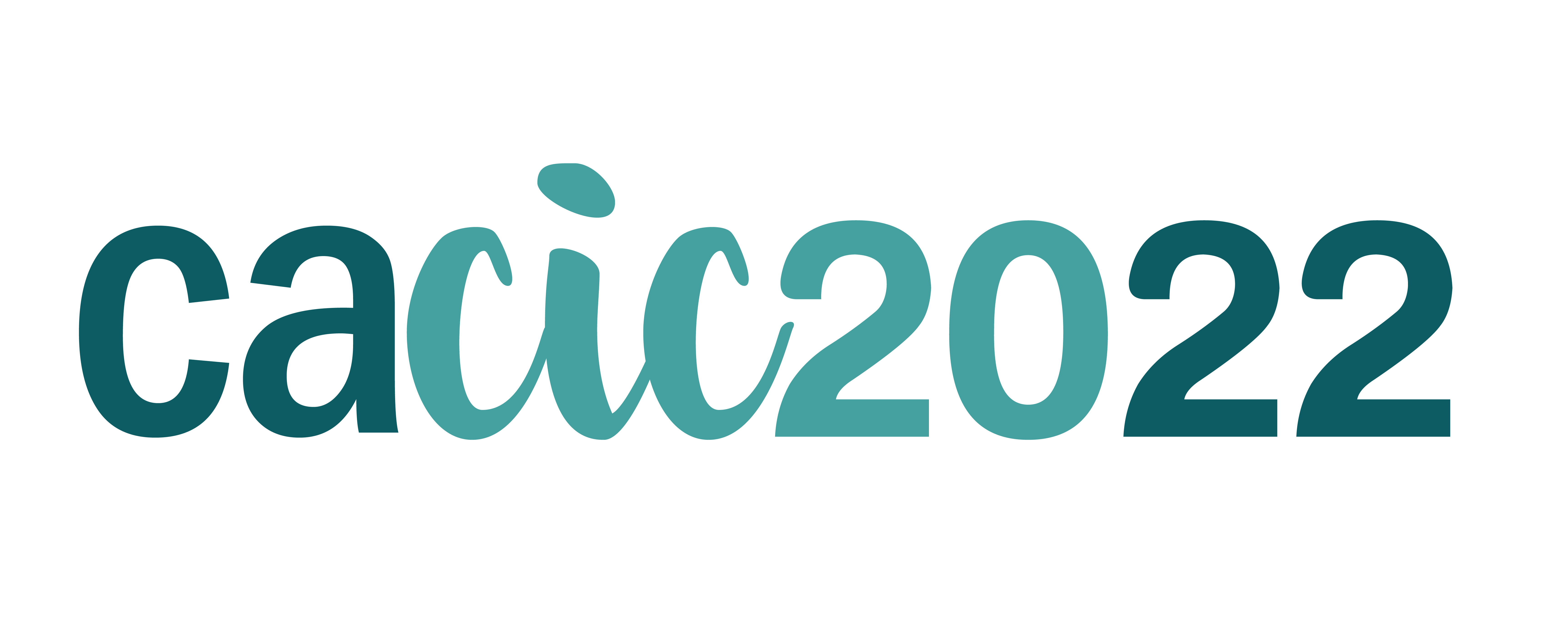Computer School
From October 03 to 06, 2022
Monday to Thursday from 8:30 a.m. to 12:30 p.m.
Directors: Lic. Valeria Páez – Lic. Cecilia Núñez
Duration: 15 hours in face-to-face mode
Place:: Classroom 203 – Module 3
Methodology The course will adopt the "workshop" modality, combining expository, demonstrative and practical classes, in which students will be able to acquire the fundamental concepts of cryptography. Likewise, various practical activities will be carried out in the context of the computer and/or mobile device used by the students or the host university.
Requirements Students must have a computer with the Cryptool program installed. This program is free and freely available. It was developed by teachers and students and volunteers interested in the dissemination and teaching of cryptography. can be downloaded from the portal https://www.cryptool.org/en/
Final evaluation The final mark of the course will consist of answering a theoretical questionnaire at the end of the course and the presentation of practical work, throughout the different classes.
In charge of Mg. Eduardo Campazzo e Ing. Emmanuel Arias – Universidad Nacional de la Rioja
Duration : 15 hours in face-to-face mode
Place:: Amphitheater E – Module 3
The course is preferably designed for those students who have notions of Computational Logic and Algorithms, it is desirable that they also have basic knowledge of programming in a computer language.
In charge of Dr. Emanuel Irrazábal y Lic. Andrea Fernanda Lezcano Airaldi – Universidad Nacional del Nordeste
Duration : 15 hours in face-to-face mode
Place:: Classroom 103 – Module 3
Course objectives:
The goal of this workshop is to teach you how to bring data to life and use it to tell a story to an audience, with a focus on simplicity and ease of interpretation. This is achieved through a combination of data visualization and storytelling theory, best practice, and practical application.
Evaluation modality
The teaching team will carry out a continuous evaluation during the development of the course taking into account academic criteria (contents of the activities). The evaluation will culminate with an individual product elaborated throughout the course, which will be presented at the end of the course. The product will consist of an integrative practical work where a set of visualizations has been elaborated or improved in a scientific or industry framework.
In charge of Dra. Marisa Panizzi – Universidad Nacional de Hurlingham y Mg. Rodolfo Bertone – Universidad Nacional de La Plata
Duration : 15 hours in face-to-face mode
Place:: Laboratory C (in front of teaching bedelía)
The deployment of software systems is a crucial process of the software development life cycle because its outcome determines the successful or unsuccessful acceptance of the system by the customer.
The course seeks to present the most significant problems that arise in the deployment of software systems, as well as the current state of the solutions that resolve said deployment.
A process model will be described to carry out the deployment of custom-developed software systems in a systematic and controlled way in SMEs in argentina called DepProMod (in English, Deployment Process Model).
The experiences of empirical studies carried out in the national software industry, surveys, case studies, interviews and analysis of perceptions of DepProMod users will be shared.
In addition, proposals will be presented to strengthen the deployment of software systems, their associated metrics, and risk management related to the problem.
